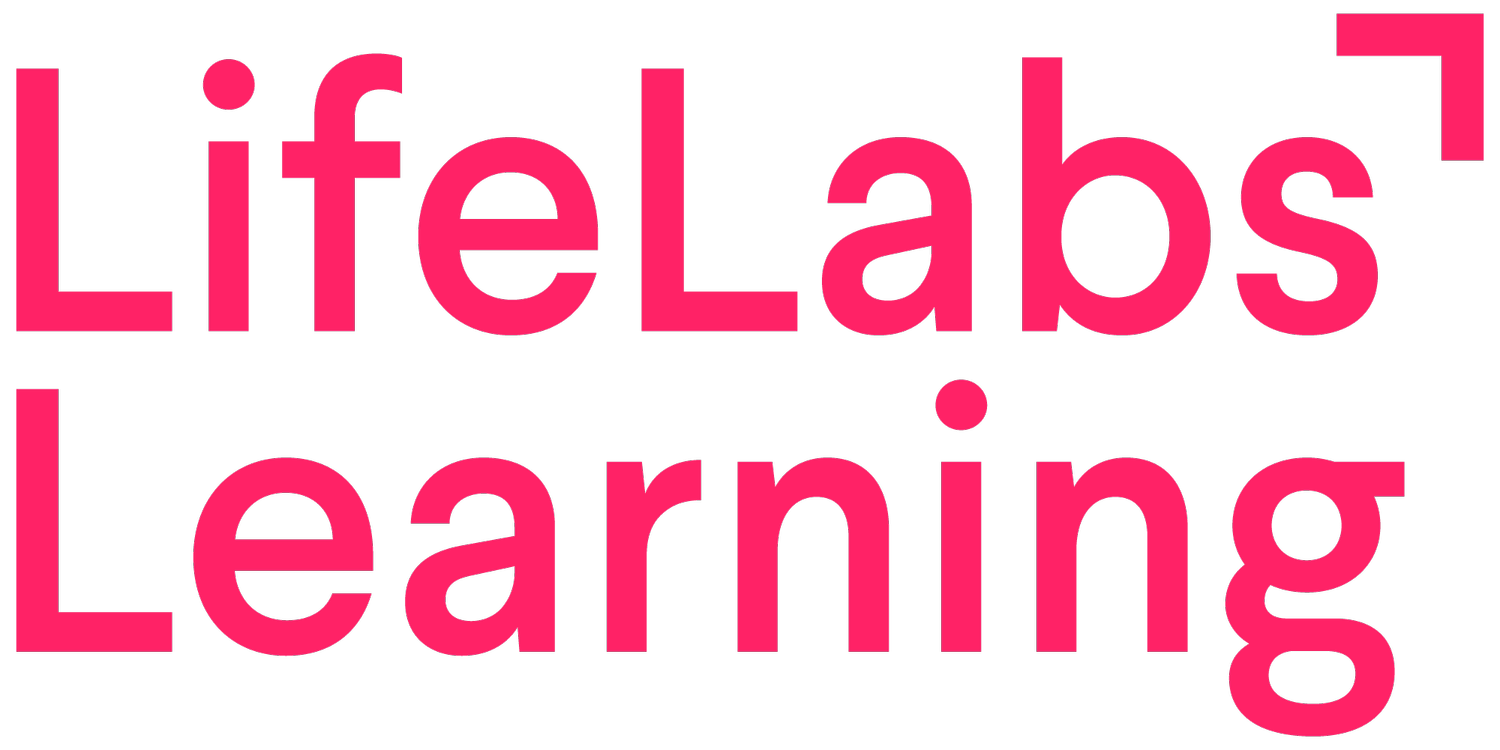Building resiliency skills: Helping teams become more agile and adaptable.
3-minute read
Agility training is something most people associate with high-cardio sports, but it’s also a great resiliency skill to incorporate at work. If we think about the general concept of agility training — being able to stop, start, and change direction quickly while maintaining proper posture — it translates surprisingly well to the rapidly changing workforce we’re faced with today.
Here are four ways you can build a more agile team:
1) Normalize resiliency skills
We can learn a lot from nature — in this case, from one specific experiment called the biodome. A large glass dome was constructed in the desert to house an artificial, controlled environment with purified air and water, healthy soil, and filtered light. The intent was to afford perfect growing conditions for trees, fruits and vegetables, as well as humans — which it did, with one exception. When the trees grew to a certain height, they would fall over. Researchers were puzzled by this, until they realized they forgot to include the natural element of wind. Without wind, trees can’t develop their “stress wood,” which actually allows them to grow taller and stronger. Without it, they topple over.
Think of normalizing adaptivity as building your team’s “stress wood.” Encourage your direct reports to talk about their frustrations each week, and share yours with them as a way to create transparency around the struggle. Exposure to these stressors will only make them more resilient in the long run.
Your turn: Add a section in your 1-1 meeting template that asks the employee to record both their wins and setbacks during the week, and then make sure to spend time going over them both equally in your meetings.
2) Create “pseudo” structure
As humans, we crave both structure and freedom — a phenomenon known as prospect-refuge theory. We need the openness of possibility with the promise of safety, like an open field that feels endless, but still has a fence to keep out intruders.
In the midst of chaos, long-term success can feel like a reach, but small wins are still possible. Small achievements, like crossing one task off of your to-do list, can give someone a surge of dopamine, giving their brain a reward and inducing a feeling of happiness.
Your turn: Utilize the pomodoro method to create small moments of “structure” throughout the day. Here’s how to do it:
3) Use setbacks as a learning extraction
We’ve talked about extraction skills on the blog before, but the basic concept of this superlearning skill is making learning stick. If setbacks and challenges occur, they can serve as excellent learning opportunities — as long as you’re actually taking the time to extract the key takeaways from these struggles and optimize for the future.
Your turn: Building on the action item from step one, you should also add a learning extraction section to your meeting agendas and 1-1s. When it's on the agenda, it normalizes it as a part of your team culture. This way, instead of just listing your wins and failures of the week, you’re opening up space to dive in a little deeper. Jot down notes, come up with a learning summary, and make sure the takeaways really stick.
4) Change your language
Word choice is a powerful thing, and the way you talk about setbacks can set the emotional tone for how your team receives feedback. We know that emotions are contagious, and the language we use has a lot to do with how the positive or negative emotions carry throughout your team.
Your turn: Try changing the language you use when responding to failure with your team. For example, instead of telling someone, “that doesn’t work,” try saying “we have to do another iteration on that one.” Creating space for possibility and improvement rather than giving a hard “no” makes others more receptive to feedback and builds adaptivity.
The Successful Teams Toolkit
A team effectiveness accelerator
Every person who works on a team or cross-functional group can become more effective, faster, with the right skills and tools. We’ve packaged 15 of the best tools & templates to help your team and collaboration skills into one toolkit!


